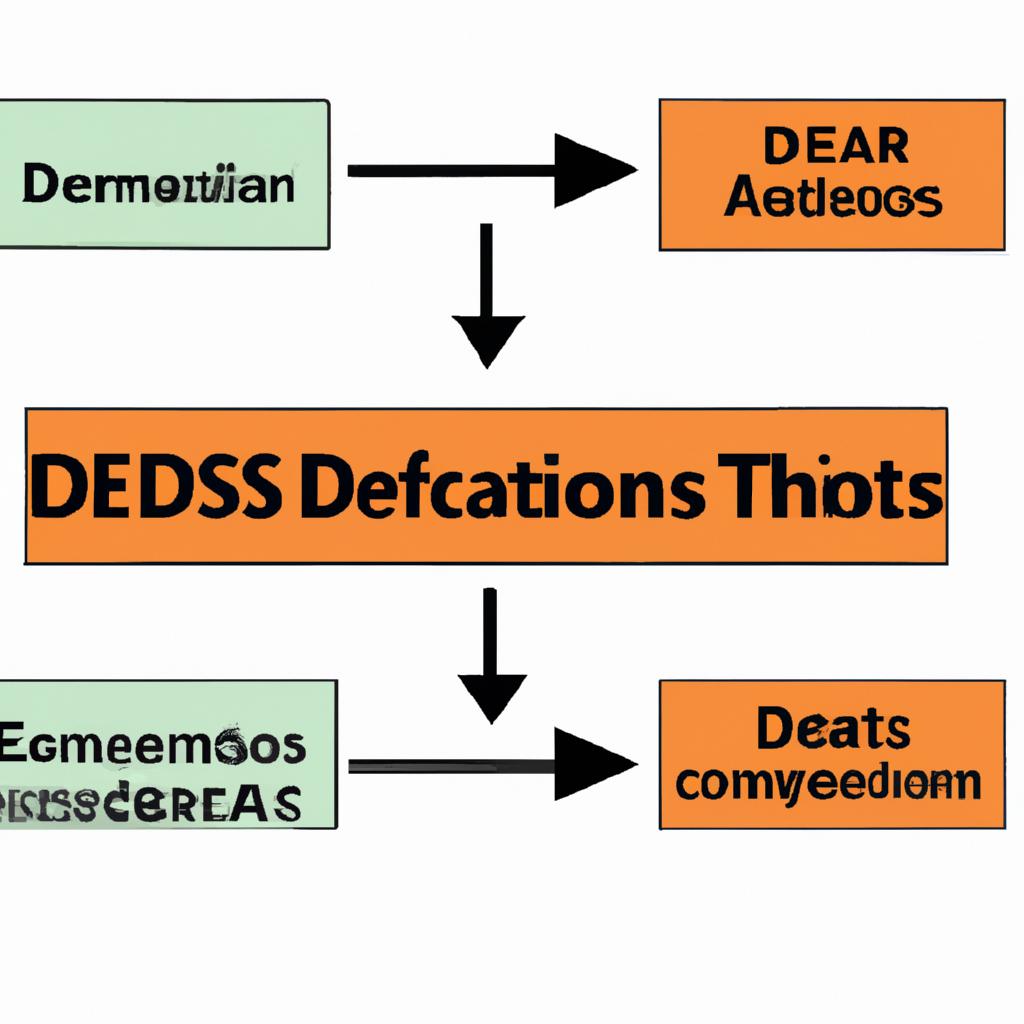Obtaining a deed to a house is a pivotal moment in the realm of property ownership, signifying a transfer of legal ownership from one party to another. As esteemed legal professionals at Morgan Legal Group in the bustling metropolis of New York City, we understand the intricacies and importance of securing a deed to a house. In this article, we delve into the essential steps and considerations involved in this process, shedding light on the vital aspects of property transfer and ownership rights. Join us as we navigate the realm of deeds and conveyancing with precision and clarity.
Understanding the Importance of Deeds in Real Estate Transactions
When it comes to real estate transactions, obtaining a deed to a house is a crucial step that cannot be overlooked. A deed serves as a legal document that transfers ownership of a property from one party to another. Without a deed, there is no concrete proof of ownership, leaving both parties vulnerable to disputes and legal complications. Therefore, it is essential to understand the importance of deeds in real estate transactions.
One of the key benefits of having a deed to a house is that it provides clarity and certainty regarding ownership rights. By documenting the transfer of property in a deed, both the buyer and the seller have a clear understanding of their respective rights and responsibilities. Additionally, a deed can help protect against potential fraud or disputes by providing a legal record of the transaction. In essence, a deed serves as a foundational document that ensures the integrity and legitimacy of a real estate transaction.

Different Types of Deeds and Their Implications
When it comes to getting a deed to a house, there are various types that you should be aware of. Each type of deed carries different implications and it is important to understand the differences between them before making any decisions. Here are some of the different types of deeds you may encounter:
- General Warranty Deed: This type of deed offers the most protection to the buyer because it guarantees that the seller owns the property free and clear of any liens or encumbrances.
- Special Warranty Deed: With this type of deed, the seller only guarantees that they have not caused any title issues during their ownership of the property.
- Quitclaim Deed: A quitclaim deed offers the least amount of protection to the buyer as it makes no guarantees about the seller’s ownership rights to the property.
Choosing the right type of deed is crucial when transferring ownership of property. Consult with a legal professional to ensure that you fully understand the implications of each type of deed and choose the one that best suits your needs. At Morgan Legal Group in New York City, our experienced attorneys can guide you through the process of acquiring a deed to a house and help you make informed decisions that protect your interests.

Navigating the Process of Obtaining a Deed for Your Property
When it comes to the complicated process of obtaining a deed for your property, there are several important steps that must be followed. First and foremost, it is crucial to conduct a thorough title search to ensure that the property is free and clear of any liens or other encumbrances. This will help to avoid any potential legal issues down the road. Once the title search has been completed, the next step is to draft a deed transferring ownership of the property from the seller to the buyer. This document must be carefully worded and executed in accordance with state laws to be legally valid.
After the deed has been drafted and signed by both parties, it must be filed with the appropriate government office, typically the county clerk’s office. Once the deed has been recorded, the new owner will receive a copy as proof of ownership. It is important to keep this document in a safe place, as it is a critical piece of evidence in establishing ownership of the property. For expert assistance with , contact Morgan Legal Group in New York City. Our experienced team of attorneys specializes in real estate law and can provide the guidance you need to protect your property rights.

Top Considerations When Transferring Ownership Through a Deed
Transferring ownership through a deed is a vital process that requires careful consideration and planning. There are several key factors to keep in mind when navigating this important legal transaction.
First and foremost, it is crucial to ensure that the deed is drafted accurately and in accordance with all legal requirements. Any errors or omissions in the deed could lead to complications and disputes down the line. Additionally, it is essential to consider the type of deed being used, such as a warranty deed or a quitclaim deed, and to understand the implications of each. Consulting with a qualified attorney who specializes in real estate law can help ensure that the deed is properly executed and that all necessary details are addressed.
Q&A
Q: How can I get a deed to a house?
A: There are a few ways to obtain a deed to a house. The most common way is to purchase a property and have the deed transferred to your name through the selling process.
Q: What is a deed and why is it important?
A: A deed is a legal document that proves ownership of a property. It is important because it officially transfers ownership rights from one party to another, providing protection and proof of ownership.
Q: Can I get a deed to a house if I inherit it?
A: Yes, if you inherit a house, you can obtain a deed through the probate process, which is used to settle the estate of the deceased and transfer their assets, including real estate, to the rightful heirs.
Q: What do I need to do to transfer a deed to a house?
A: To transfer a deed to a house, you typically need to complete a deed form, have it notarized, and file it with the county clerk’s office where the property is located. It is also important to ensure that any outstanding liens or mortgages on the property are satisfied before the transfer can take place.
Q: Are there any other ways to get a deed to a house?
A: Another way to get a deed to a house is through a gift or donation from the current owner. In this case, the current owner would transfer ownership of the property to you without requiring payment. This process is typically done through a quitclaim deed.
Concluding Remarks
As you can see, obtaining a deed to a house can be a complex but rewarding process. Whether you have inherited property, purchased a new home, or received a gift, having a deed in your name signifies ownership and gives you the keys to your very own piece of the world. Remember to keep your deed safe and secure, as it is a legal document that proves your right to the property. With your deed in hand, you can truly call that house your home. Happy owning!

